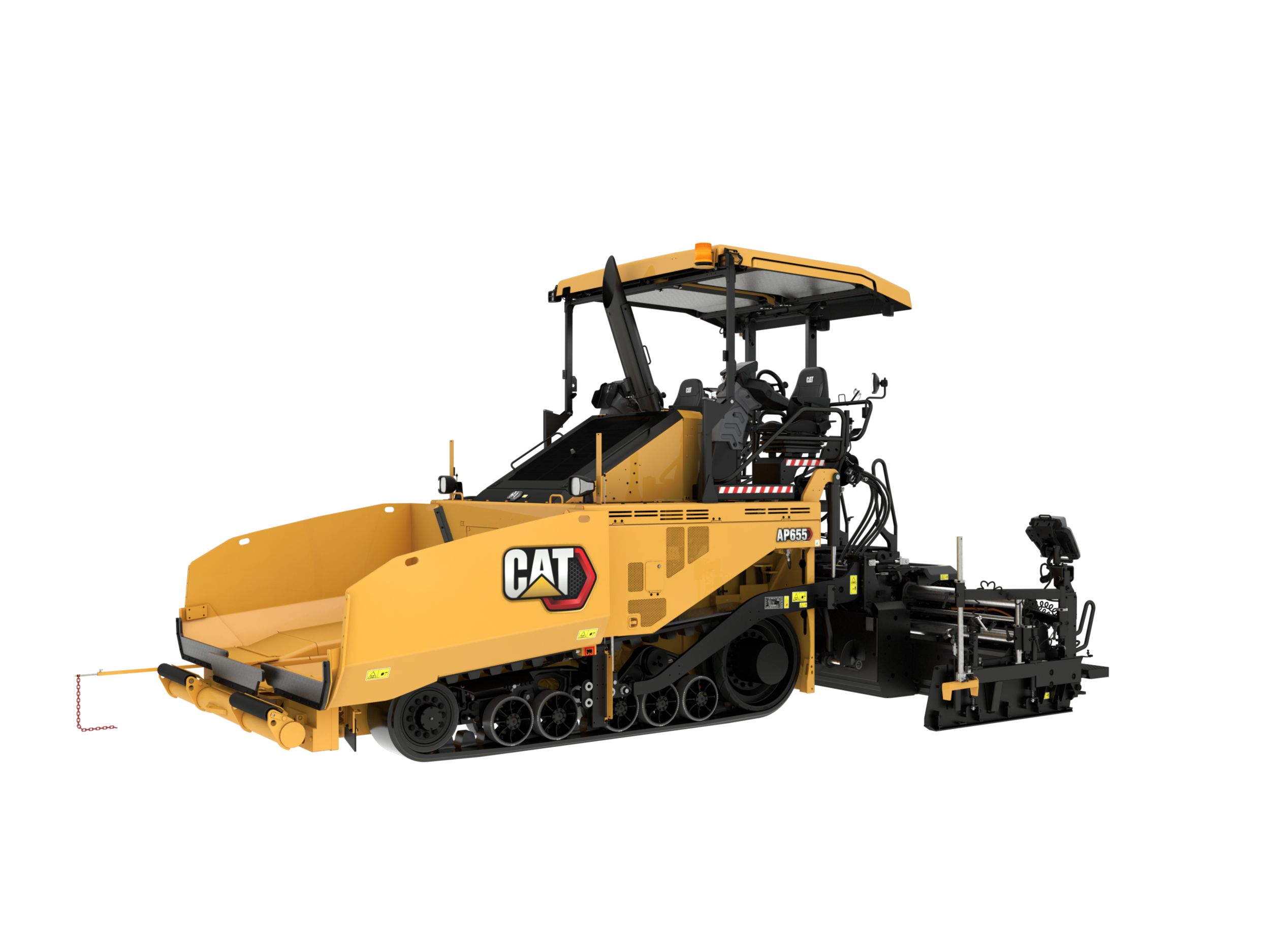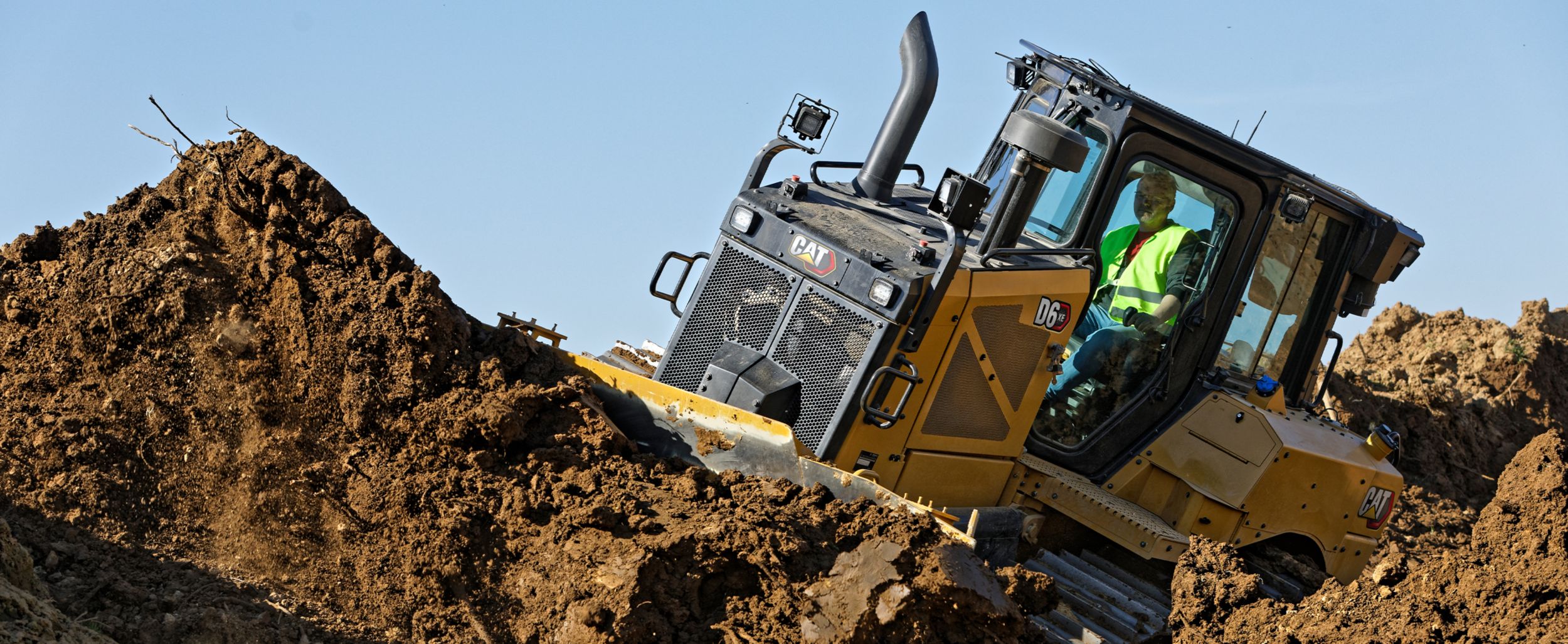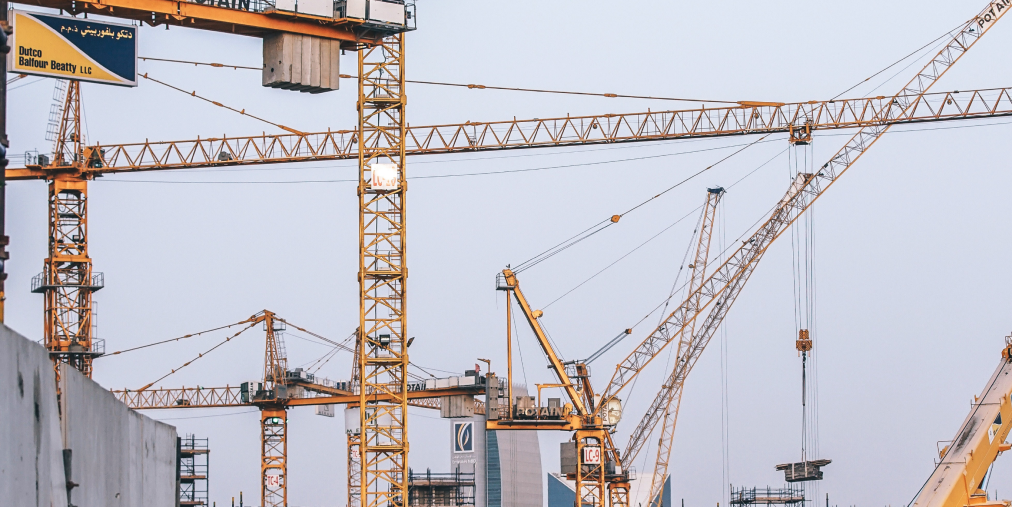Boom Lift Rental in Tuscaloosa, AL: Find Affordable Options for Your Tasks
Boom Lift Rental in Tuscaloosa, AL: Find Affordable Options for Your Tasks
Blog Article
Exploring the Financial Advantages of Renting Building Equipment Contrasted to Having It Long-Term
The decision in between having and leasing building and construction equipment is essential for economic administration in the sector. Renting out deals prompt price financial savings and functional flexibility, enabling firms to designate resources much more effectively. On the other hand, possession comes with significant lasting financial dedications, including upkeep and devaluation. As professionals evaluate these choices, the influence on cash money circulation, project timelines, and modern technology accessibility ends up being significantly considerable. Understanding these subtleties is essential, particularly when considering how they straighten with certain job needs and financial techniques. What aspects should be focused on to make certain optimal decision-making in this facility landscape?

Cost Contrast: Renting Vs. Having
When reviewing the economic ramifications of leasing versus possessing building and construction tools, a detailed expense comparison is necessary for making educated choices. The selection between having and leasing can dramatically influence a company's profits, and recognizing the linked expenses is important.
Leasing building equipment normally includes reduced upfront expenses, permitting services to designate funding to various other operational needs. Rental contracts often include flexible terms, making it possible for business to gain access to progressed equipment without lasting commitments. This flexibility can be particularly useful for temporary projects or rising and fall work. However, rental expenses can collect in time, possibly surpassing the cost of possession if tools is required for a prolonged duration.
Alternatively, owning building tools needs a significant first investment, in addition to recurring expenses such as insurance coverage, financing, and depreciation. While ownership can result in long-lasting savings, it also binds funding and may not supply the very same level of versatility as renting. Furthermore, owning devices necessitates a commitment to its application, which might not constantly straighten with project needs.
Inevitably, the decision to rent out or have ought to be based on an extensive analysis of specific job requirements, monetary capability, and long-lasting tactical goals.

Upkeep Costs and Responsibilities
The choice between owning and renting construction equipment not just entails economic factors to consider yet additionally includes recurring maintenance expenses and obligations. Possessing tools calls for a substantial dedication to its upkeep, that includes regular examinations, repair work, and potential upgrades. These duties can swiftly accumulate, causing unanticipated costs that can stress a budget.
In contrast, when renting out devices, upkeep is usually the responsibility of the rental company. This plan allows contractors to stay clear of the financial burden related to wear and tear, as well as the logistical challenges of organizing repair work. Rental arrangements commonly consist of stipulations for maintenance, implying that specialists can focus on finishing tasks instead than bothering with tools condition.
In addition, the diverse series of devices readily available for lease makes it possible for companies to choose the most up to date models with sophisticated modern technology, which can improve performance and productivity - scissor lift rental in Tuscaloosa, AL. By selecting leasings, organizations can prevent the lasting obligation of equipment depreciation and the connected upkeep frustrations. Eventually, reviewing maintenance expenses and duties is critical for making an educated choice concerning whether to possess or rent out building tools, dramatically influencing general task prices and operational effectiveness

Depreciation Effect on Possession

A significant factor to take into consideration in the decision to have building and construction equipment is the impact of devaluation on general possession prices. Devaluation represents the decrease More about the author in value of the equipment in time, affected by variables such as usage, wear and tear, and improvements in innovation. As tools ages, its market price diminishes, which can significantly affect the owner's financial position when it comes time to trade the devices or sell.
For building and construction business, this devaluation can equate to substantial losses if the tools is not utilized to its max capacity or if it lapses. Owners need to represent devaluation in their monetary estimates, which can bring about greater total expenses contrasted to renting out. Additionally, the tax obligation effects of depreciation can be intricate; while it may give some tax obligation benefits, these are typically offset by the fact of decreased resale worth.
Eventually, the concern of devaluation stresses the importance of comprehending the lasting financial commitment associated with having building and construction equipment. Business must carefully examine how usually they will certainly use the devices and the prospective economic impact of devaluation to make an educated choice regarding ownership versus renting out.
Economic Adaptability of Leasing
Renting construction devices provides significant economic flexibility, allowing business to allot resources extra effectively. This versatility is specifically essential in a market characterized by fluctuating project demands and differing work. By choosing to rent out, organizations can stay clear of the significant funding expense required for acquiring equipment, protecting capital for various other operational requirements.
Furthermore, renting equipment makes it possible for companies to customize their equipment options to details job requirements without the long-lasting dedication related to possession. This indicates that companies can quickly scale their devices supply up or down based on existing and expected project requirements. Consequently, this versatility lowers the danger of over-investment in machinery that might end up being underutilized or outdated in time.
Another economic benefit of leasing is the capacity for tax obligation benefits. Rental repayments are usually taken into consideration operating costs, enabling immediate tax obligation reductions, unlike depreciation on owned and operated tools, which is topped a number of years. scissor lift rental in Tuscaloosa, AL. This prompt expenditure recognition can further boost a business's cash money position
Long-Term Project Factors To Consider
When examining the lasting demands of a construction company, the decision between having and leasing tools ends up being much more complex. For jobs with prolonged timelines, buying tools may appear beneficial due to the possibility for reduced visit this website overall expenses.
The building and construction market is progressing quickly, with brand-new tools offering improved efficiency and safety and security functions. This versatility is specifically helpful for organizations that deal with varied projects calling for various kinds of equipment.
In addition, financial stability plays a vital duty. Possessing equipment typically requires considerable capital expense and devaluation worries, while leasing permits more foreseeable budgeting and capital. Eventually, the selection between owning and leasing must be straightened with the critical objectives of the building and construction service, thinking about both anticipated and current project needs.
Conclusion
In verdict, leasing building and construction equipment provides considerable monetary benefits over lasting ownership. The decreased upfront prices, elimination of maintenance responsibilities, and avoidance of depreciation add to boosted capital and monetary flexibility. scissor lift rental in Tuscaloosa, AL. Additionally, rental settlements serve as prompt tax obligation reductions, further benefiting professionals. Ultimately, check these guys out the decision to rent rather than own aligns with the dynamic nature of building and construction jobs, enabling versatility and access to the most recent tools without the financial concerns related to ownership.
As equipment ages, its market worth lessens, which can significantly impact the owner's economic setting when it comes time to offer or trade the equipment.
Leasing construction tools uses considerable economic flexibility, permitting business to allot sources a lot more effectively.In addition, leasing equipment enables business to tailor their devices choices to certain project needs without the long-lasting commitment connected with possession.In conclusion, leasing building and construction tools uses significant financial advantages over lasting possession. Inevitably, the choice to rent out rather than very own aligns with the vibrant nature of construction tasks, enabling for flexibility and accessibility to the most current devices without the economic concerns connected with possession.
Report this page